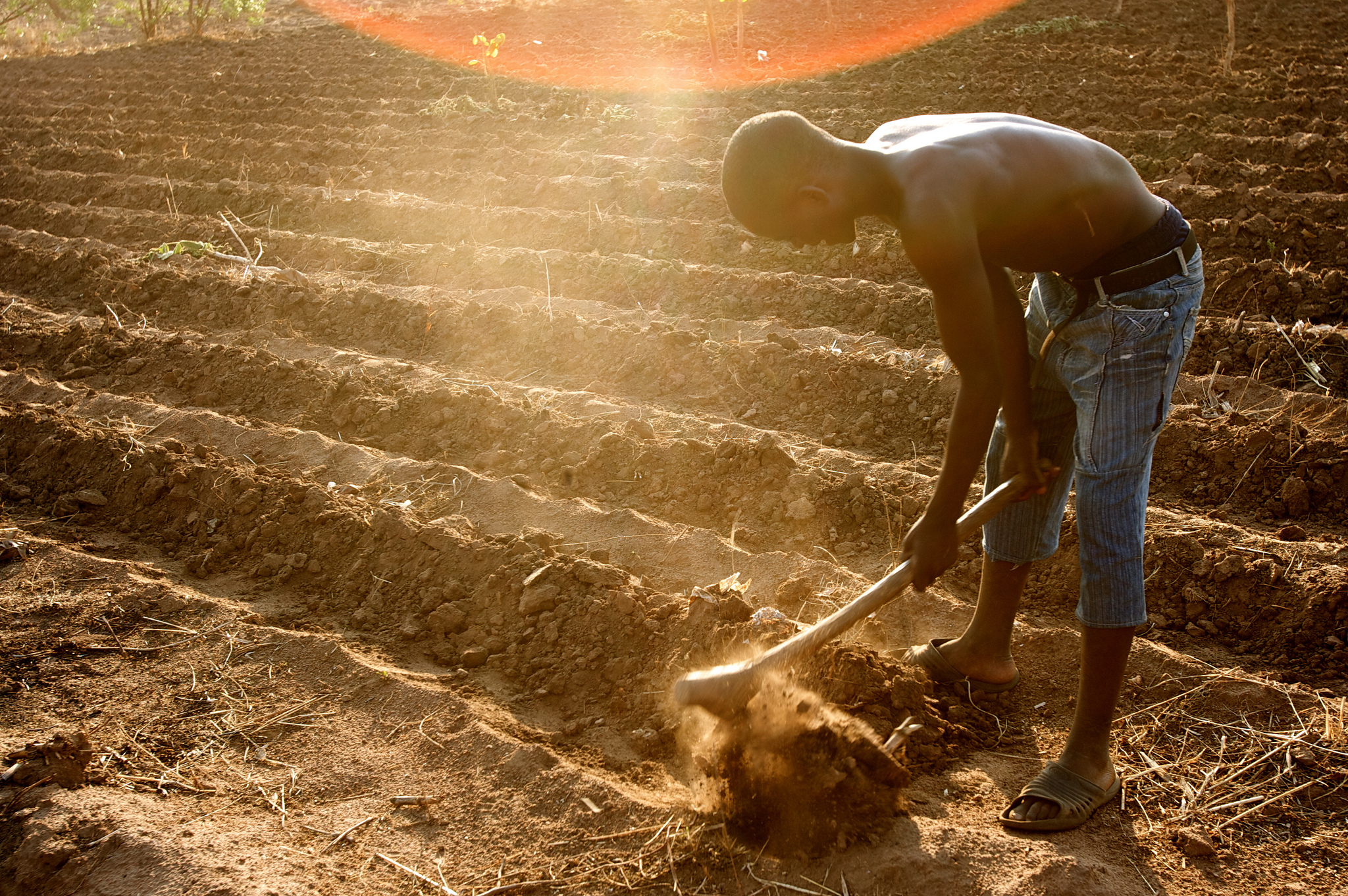Why ‘climate-smart Agriculture’ Isn’t All It’s Cracked up to Be
Author: Teresa Anderson | Published on: October 17, 2014
There’s a new phrase in town. A growing number of governments, corporations and NGOs are using the term “climate-smart agriculture” to describe their activities. With climate change affecting farming worldwide, you might assume we should be celebrating this as a step in the right direction.
But many organisations in the food movement are wary of – or even opposed to – this concept. They share growing concerns that the term is being used to green-wash practices that are, in fact, damaging for the climate and for farming. Many are worried that the promotion of “climate-smart agriculture” could end up doing more harm than good.
At the United Nations secretary general’s climate summit in New York last month, heads of state such as President Barack Obama referred to the need for “climate-smart” crops to weather the challenges ahead. The Dutch prime minister, Mark Rutte, announced the launch of the new Global Alliance for Climate-Smart Agriculture, involving governments, corporations, research institutes and NGOs.
This was followed by announcements from McDonalds, which use 2% of the world’s beef, andWalmart, the world’s largest corporation, about their own “climate-smart” initiatives.
Proponents of “climate-smart agriculture” claim that their approaches aim to achieve a “triple win” of increasing food security, adaptation and mitigation. So far so good, right? Actually, no.

